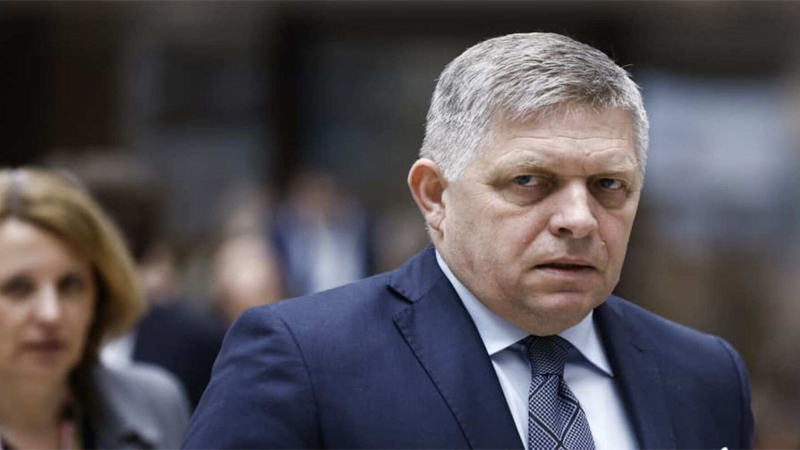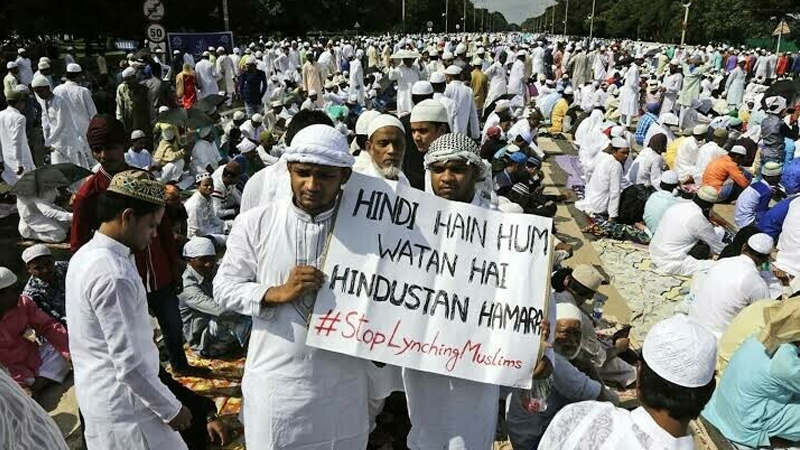The United States may need to deploy additional strategic nuclear weapons to counter increasing threats from Russia, China, and other adversaries, according to a senior White House official. Pranay Vaddi, the National Security Council’s top arms control official, highlighted this possibility during a speech on Friday, signaling a significant shift in U.S. arms control policy.
In his address to the Arms Control Association, Vaddi discussed adopting “a more competitive approach” to arms control. He underscored the need for Moscow and Beijing to reconsider their rejection of U.S. proposals for talks aimed at limiting nuclear arsenals.
“Absent a change in adversary arsenals, we may reach a point in the coming years where an increase from current deployed numbers is required. We need to be fully prepared to execute if the president makes that decision,” Vaddi stated. “If that day comes, it will result in a determination that more nuclear weapons are required to deter our adversaries and protect the American people and our allies and partners.”
The United States currently adheres to a cap of 1,550 deployed strategic nuclear warheads, as stipulated by the 2010 New START treaty with Russia. However, Russia “suspended” its participation in the treaty last year in response to U.S. support for Ukraine, a move Washington has declared “legally invalid,” according to Reuters.
Vaddi’s remarks follow a previous assurance from National Security Adviser Jake Sullivan, who told the same group a year ago that there was no need to increase U.S. strategic nuclear arms in response to the arsenals of Russia and China. At that time, Sullivan had also extended an offer for talks “without preconditions.”
Despite Vaddi’s tough stance, he reiterated the administration’s commitment to international arms control and non-proliferation regimes designed to limit the spread of nuclear weapons. However, he warned that Russia, China, and North Korea are rapidly expanding and diversifying their nuclear arsenals with little interest in arms control agreements.
“The three and Iran are increasingly cooperating and coordinating with each other in ways that run counter to peace and stability, threaten the United States, our allies, and our partners, and exacerbate regional tensions,” Vaddi noted.











Leave a Reply